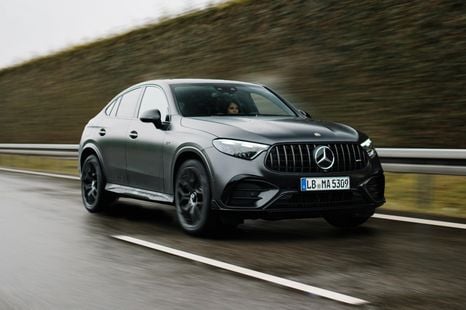

William Stopford
2027 Mercedes-AMG GLC53 revealed for buyers who want a hot six
9 Minutes Ago
When selling a car, you need to figure out how much your car is worth and how much you're happy to sell it for.

Contributor


Contributor
Understanding how much your car is worth is one thing, but then pricing it for a private sale is another art altogether. If you price your car properly, you’ll not only enjoy a more pleasant selling experience – but get better coin for your efforts.
Here are eight things to keep in mind when pricing your car for the private market.
Read our How much is my car worth? article which guides you on how to research your car’s current value – and the variables that you need to consider. This will give you an idea of a value range – the minimum price other people are selling your car, versus the maximum of a few speculators.
Only you can determine this, but it should fit within the value range of your vehicle.
If you’re not in a rush, you can price your vehicle a bit higher.
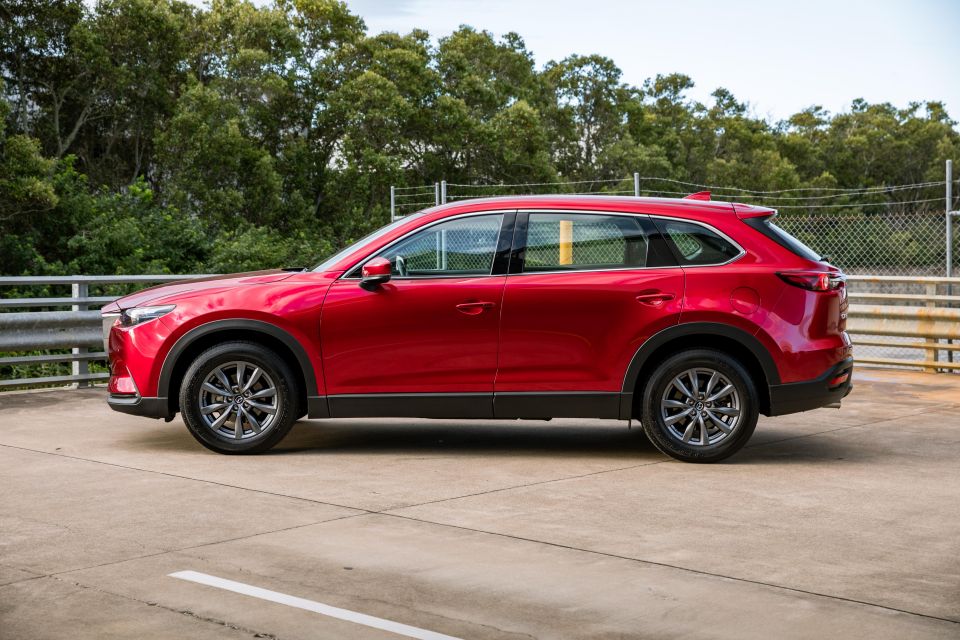
If you’ve prepared your car properly and taken some great photos, you should be pricing it a little bit higher anyway – a great ad attracts great buyers. If you’re in a rush to sell, you should price your vehicle lower.
We’ve gone over these extensively but you need to consider other variables such as a roadworthy certificate (if you live in Victoria, Queensland or the ACT). Victorians, for example, might decide to sell their car without a roadworthy certificate, putting the onus on the buyer. But that means the buyer will expect a discount, so you should price your car lower accordingly.
How much rego is on your car? If you’ve just put on 12 months, you can price the car higher. If it has just one month rego, you’ll have to go a bit lower. Unregistered cars are worth less again.
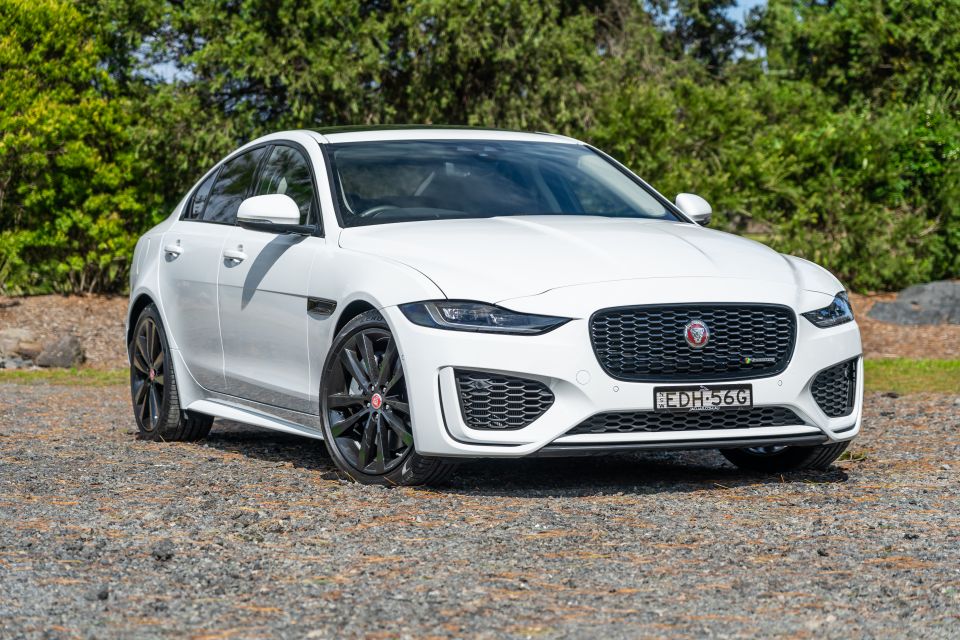
Some cars require major services at certain intervals, like 100,000km. Did you recently undertake this – or spend a big wad of cash on a service generally? This means you can price the car a bit higher as well.
When selling a car privately, expect the buyer to haggle – everybody wants a good deal, it’s human nature. So you should build a bit of fat into the asking price in anticipation. Depending on the value of the car, a couple of hundred dollars should do the trick at the very least.
Once you’ve taken all the above into consideration, you can put your car on the private market with your starting price – and sit back and wait, hopefully, for the enquiries to roll in.
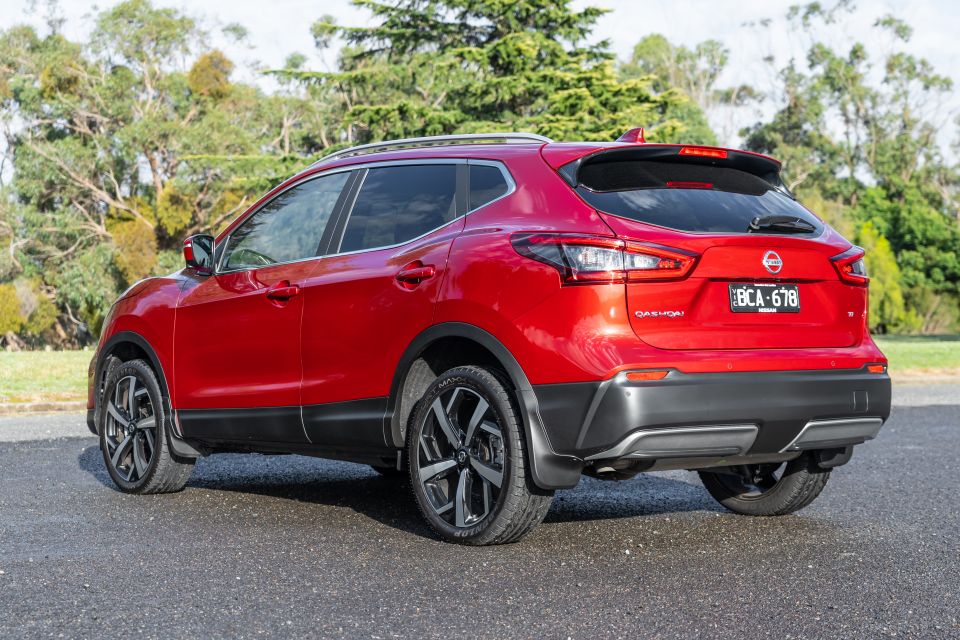
If you get inundated with enquiries, you could consider raising the price slightly, although this is a bit of dud thing to do as a seller. Hence why it’s important to set the price correctly the first time – and price a little higher, if you’ve got time up your sleeve.
Haggling is a bit of an odd dance – or a black art – but if you’ve prepared yourself, both parties can come away feeling great. One major benefit of selling a car privately, instead of to a dealer, is you’re negotiating with another member of the public (instead of a professional salesperson). It’s more of a level playing field.
When a potential buyer comes to look at your car, there should be two prices in your head – the price the car has been advertised (call it $22,500) and your minimum acceptable price (call that $21,000). Never reveal this to any buyer.
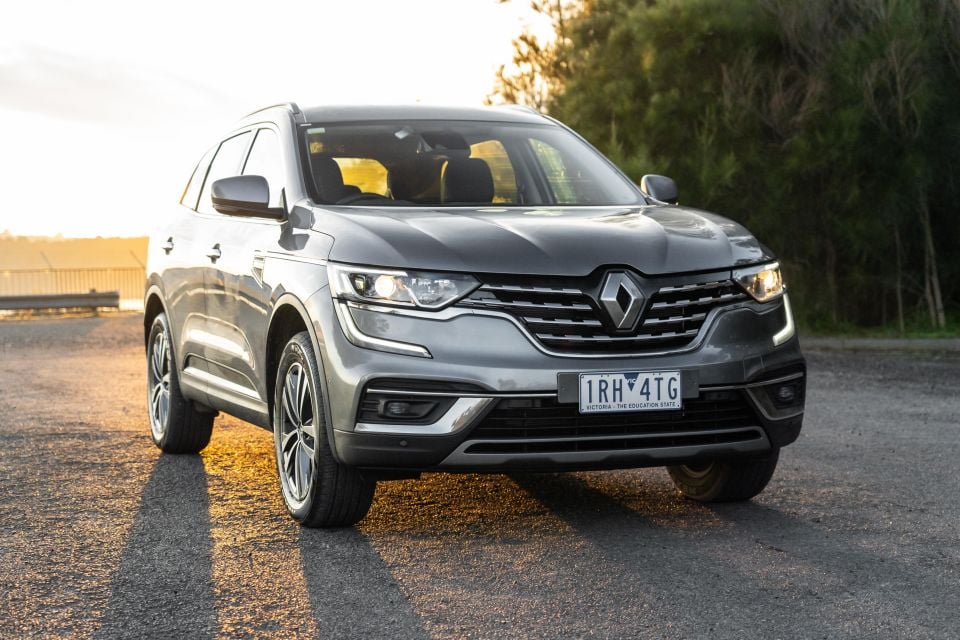
Don’t reveal that you’re open to negotiating – let the buyer make the first negotiating move. They might not want to negotiate at all, and just pay you the $22,500 – in which case, brilliant! If they indicate they want a lower price, however, invite them to make an offer or the first move. If they ask, “what’s your best price?” Respond with, “well, make me an offer!”
It could go something like this.
Buyer: I’d like to offer you $21,500. You: Okay, thanks for that – could you do $22,000? Buyer: Can we meet halfway – call it $21,750?
About this point, you should accept – and both parties should be thrilled. Them, because they feel like they’ve just knocked $750 off the price (which they can tell their husband or wife later). And you, because you’re making $750 more than you were willing to accept.
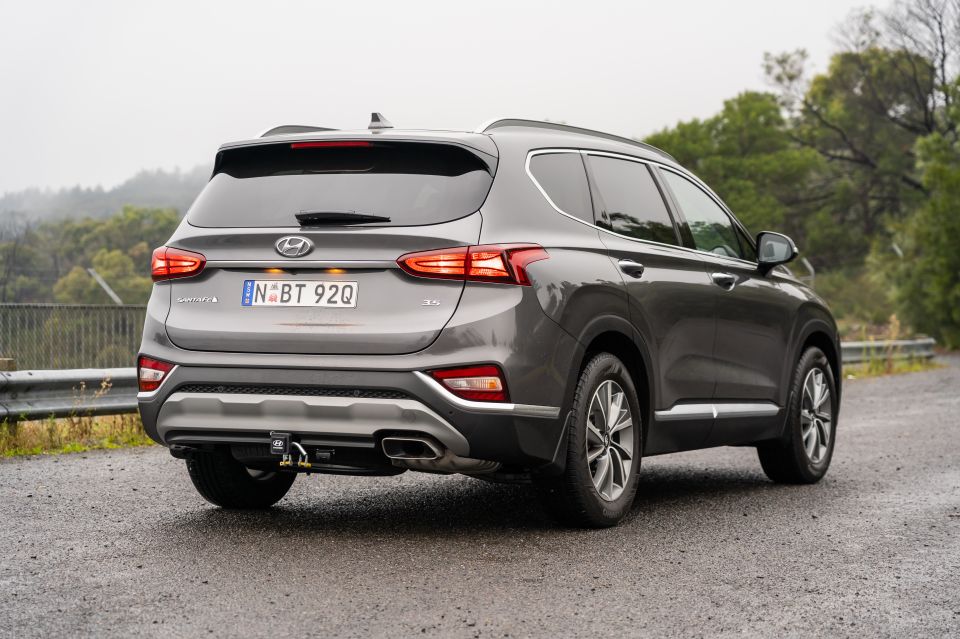
The buyer may very well want to continue negotiating, but you can feel secure knowing you’ve got another $750 to play with.
It never goes exactly like this, of course, so make sure you keep a playful, friendly attitude and know it’s a bit of a sport. Be prepared to call off the sale and walk away if the buyer won’t at least offer your minimum acceptable price. They’ve gone to the effort to inspect and test-drive the car, and they’ve presumably got the cash – if they’re a decent person, they’ll come to the party.
Note that some people will try to bargain you down with an offer of “paying with cash and I can come get the car today”. Unless you’re looking to sell the car that day and desperately need the money, be wary. These people are on the hunt for desperate sellers to take advantage of.
Depending on the car, the market, the time of year, and even where you’re trying to sell, you just don’t seem to get any bites. The car is sitting out the front, slowly morphing into a spider colony.
It’s time to lower the price.
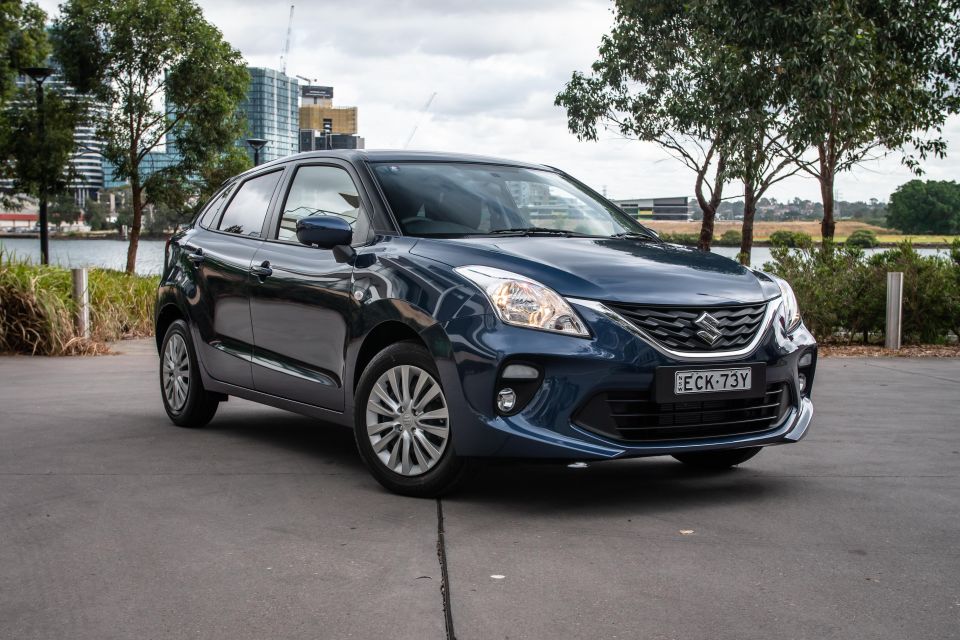
The increments depend on how much of a hurry you are in to sell the car. Going back to our $22,500 example, and if you’re in no rush, you should lower the price first to $22,000 and see what happens. Wait a few days and see if you get any enquiries.
If you don’t, you have to go lower again – unfortunately pushing ever-closer to your minimum acceptable price, but sometimes that’s just life.
A tactic you can try is lowering the price to your minimum – call it $21,000 – and stating on your advertisements that the price is “firm”. This lets the market know you don’t want to negotiate. If you’ve done your research properly, this should be a pretty sharp deal and buyers, who’ve done their own research, should know.
Happy selling!
If you want to sell your car, click here and receive a price quickly.


William Stopford
9 Minutes Ago
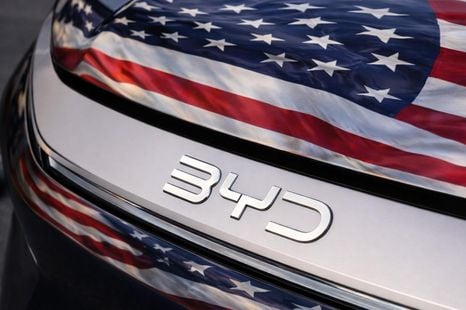

Damion Smy
2 Hours Ago
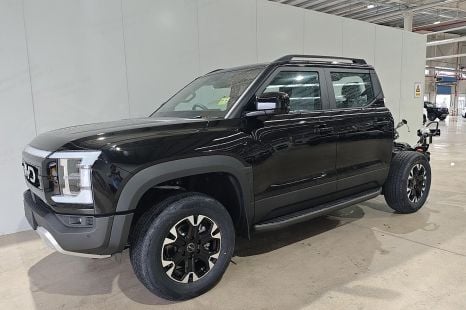

William Stopford
3 Hours Ago
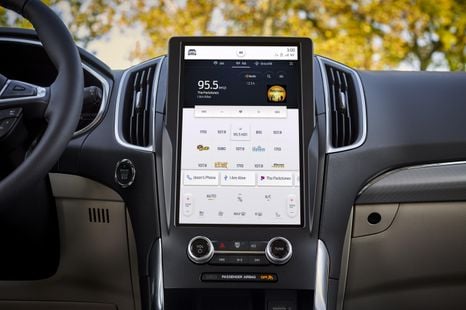

Damion Smy
4 Hours Ago
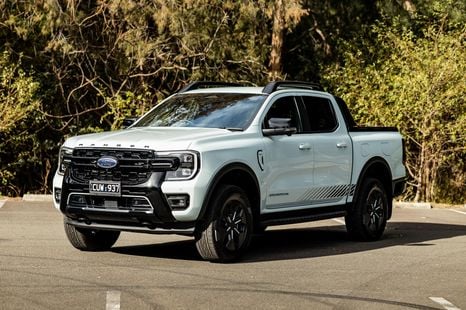

Damion Smy
5 Hours Ago
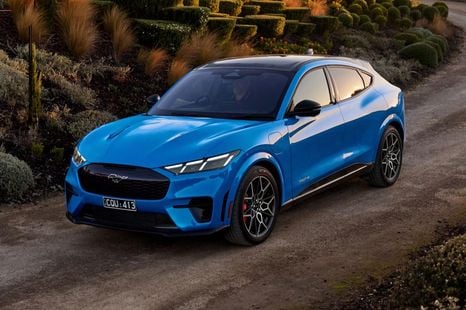

William Stopford
5 Hours Ago
Add CarExpert as a Preferred Source on Google so your search results prioritise writing by actual experts, not AI.